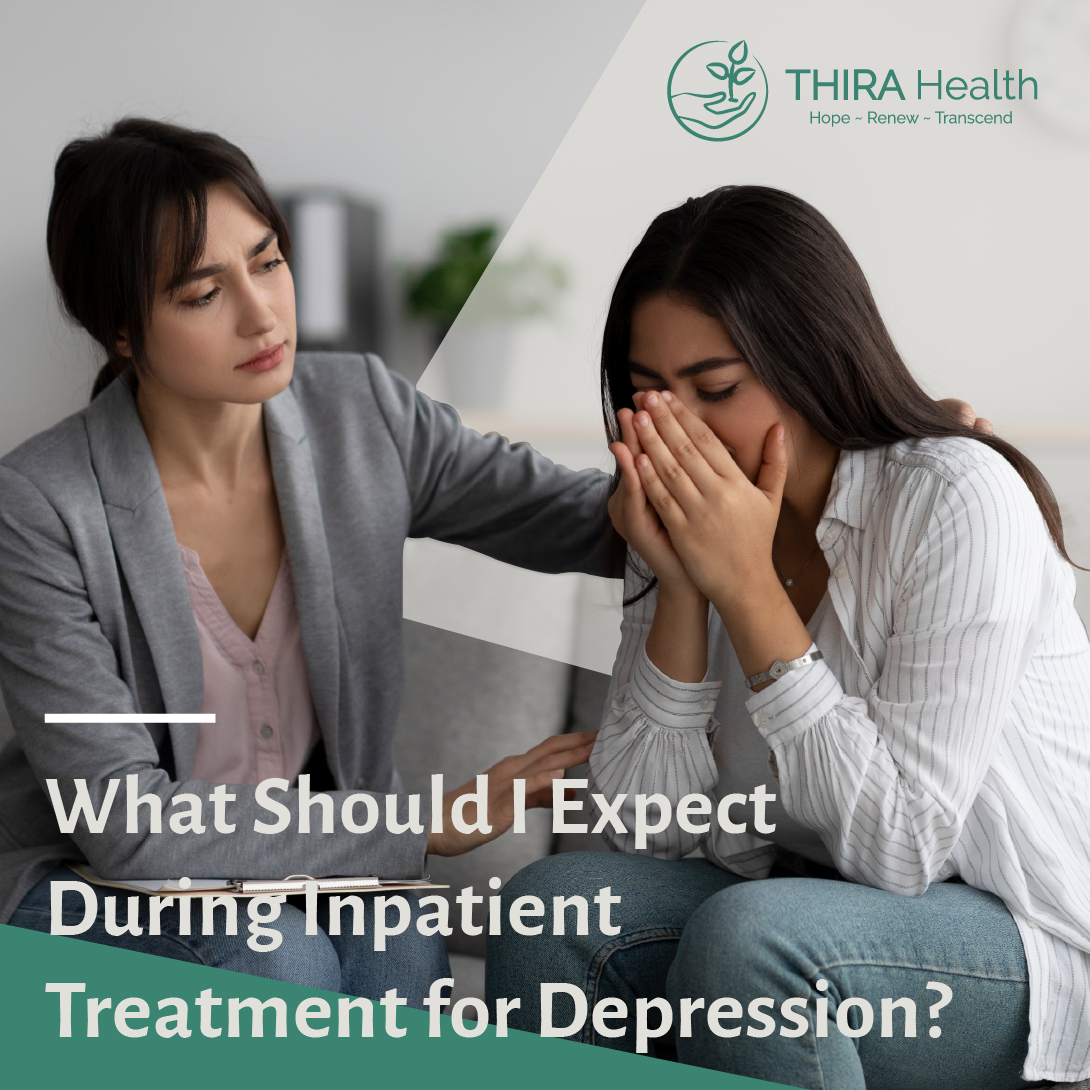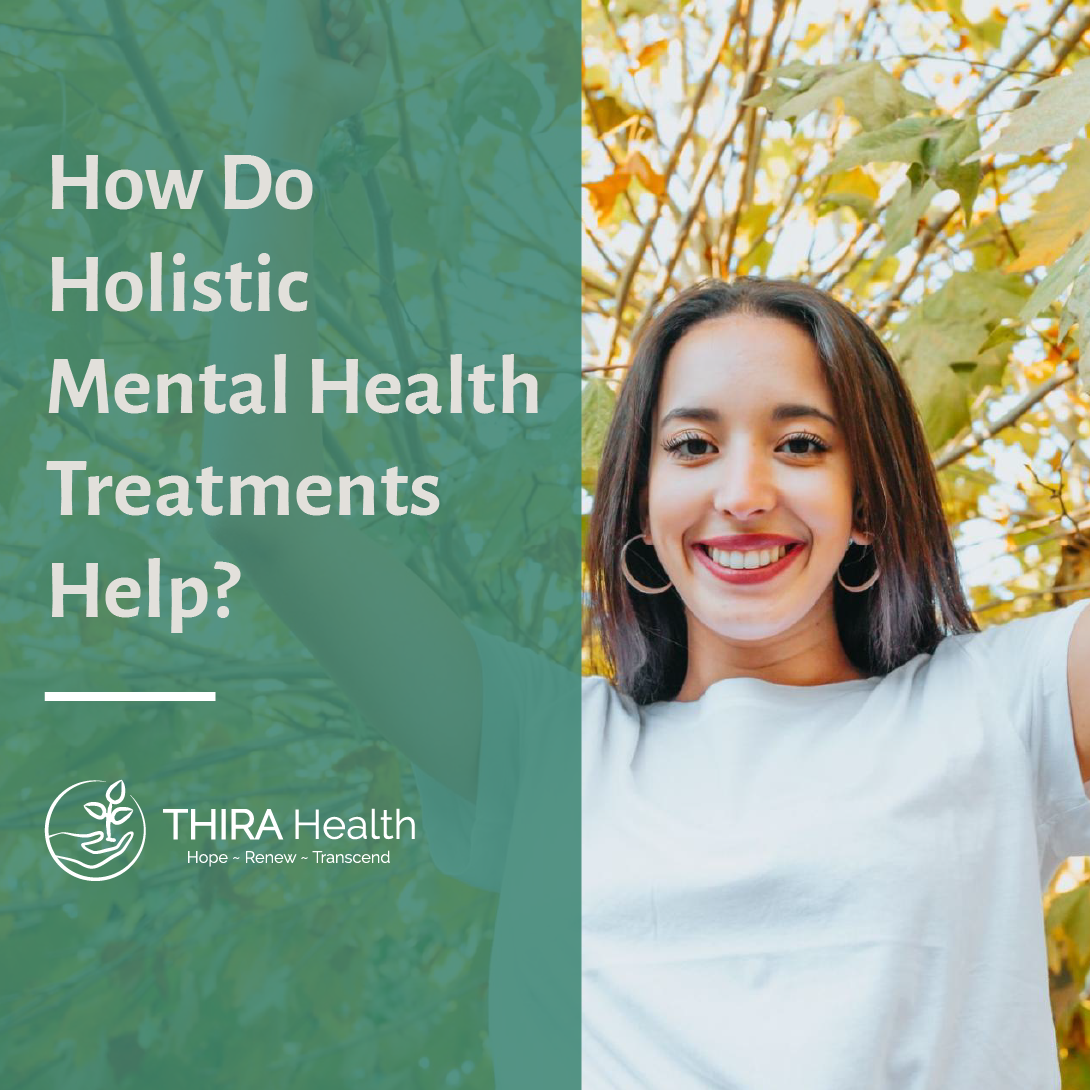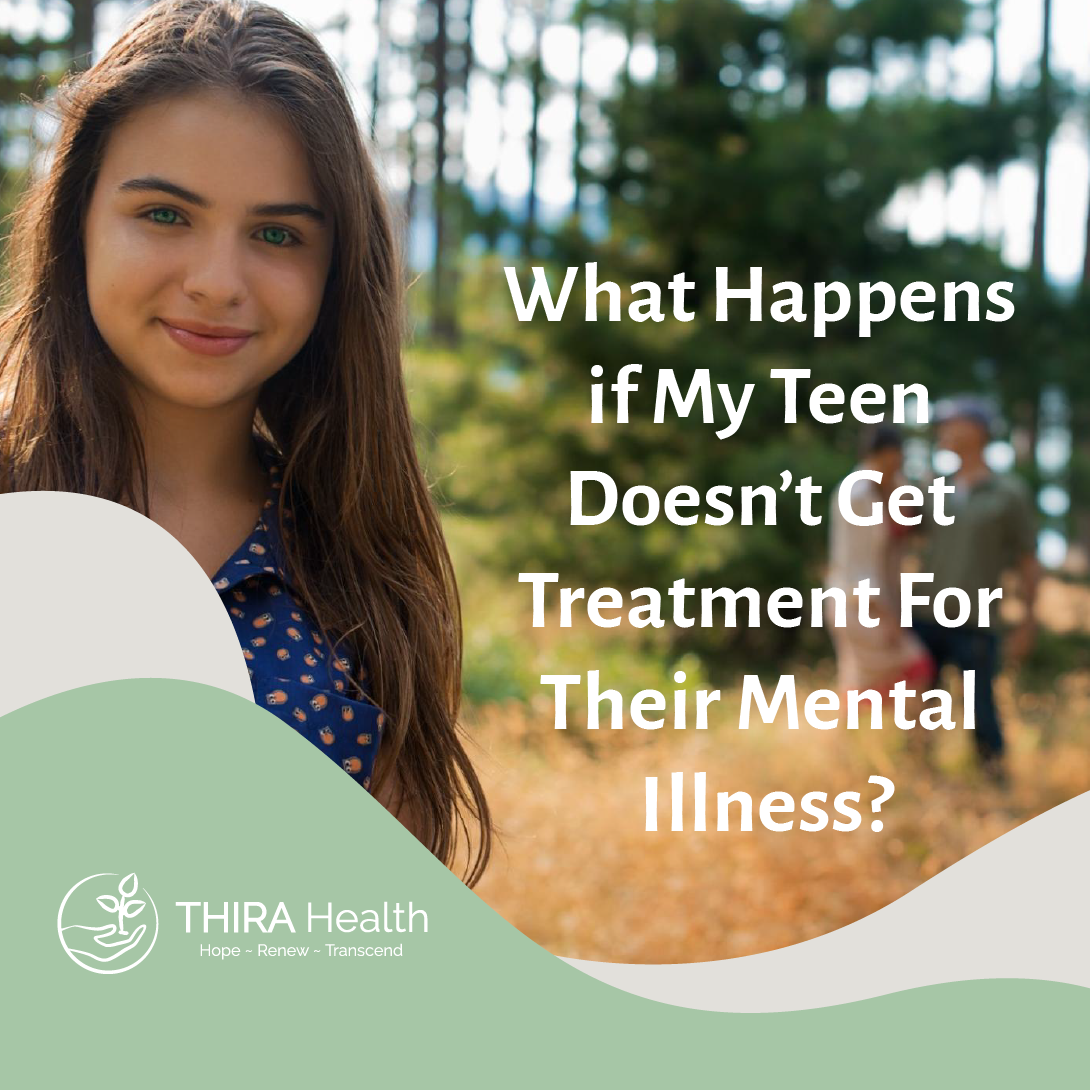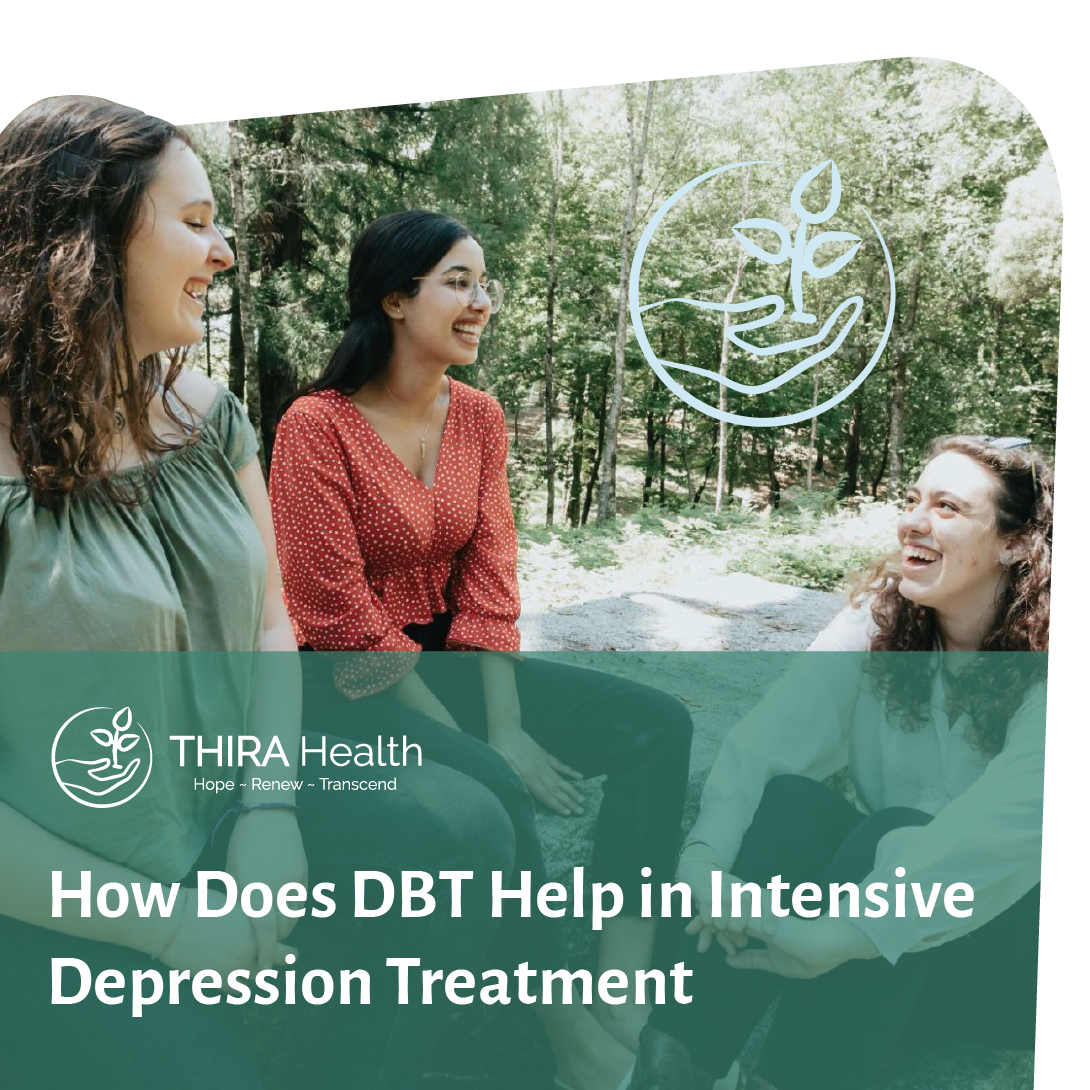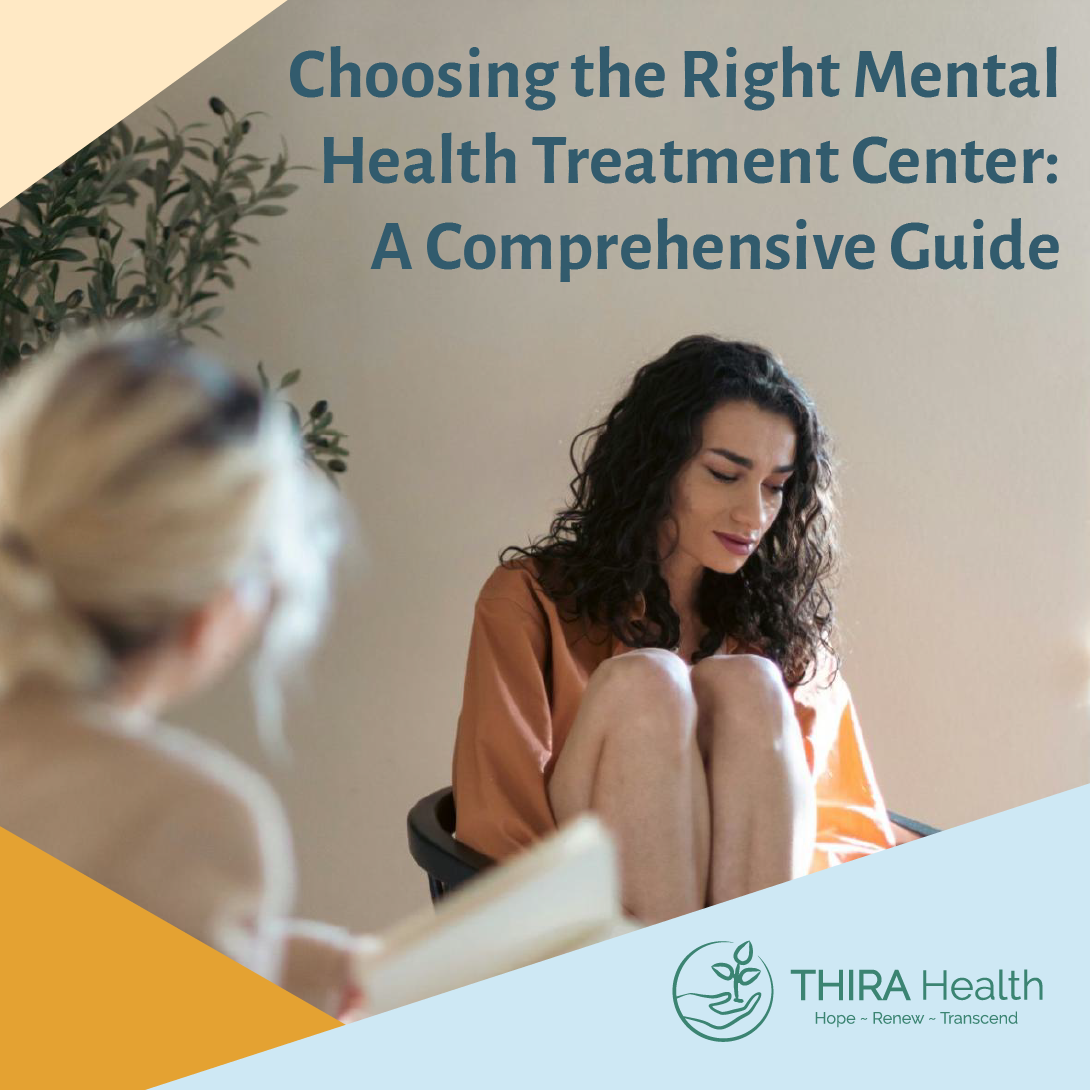While teenagers are capable of handling responsibilities and expectations that are more in line with adulthood than childhood, they are still growing. Treating depression in teenagers requires age-appropriate treatment; it’s important to actually reach teenagers and help them in ways that allow for their increasing independence, while making sure a strong support base is there for them when their developing brains truly need it.
Noticing depression symptoms in your teen: what to do?
You may have noticed your teen showing signs of depression lately, but how can you be sure? You’re concerned about your child, and interacting with her (or them*) may have become increasingly challenging as she/they* shut you out. You may be wondering, will therapy help? Please know there are effective sources of teen depression treatment, ones that take into account the specific social and emotional needs teens have.
Teen depression treatment: DBT and beyond
Psychotherapy has been shown to be particularly effective in helping teens recover from depression, with modalities like cognitive behavior therapy, interpersonal therapy, and dialectical behavior therapy having the largest body of research behind them. Dialectical behavior therapy, or DBT, is a form of cognitive behavior therapy, and is particularly effective treatment for depression in teenagers. Why? Because DBT is a therapy of doing more than anything else.
DBT is a therapy of doing
DBT is a skills-based therapy that uses group skills practice, with additional components of individual therapy and on-call in the moment therapist support, to allow for healing from depression. Teens are growing, curious people who are building life experiences, so giving them experiential skills building opportunities that let them learn from doing is uniquely suited to how they move through the world. Teens can sometimes shut down in talk therapy, but the group component, with a focus on actionable strategies for everyday life and the example of other teens participating can draw them out of their shell and demonstrate hope that maybe this will help them, too.
DBT for depression in teens: peer support
Teens are often more focused on their peers than their parents, for good reason. Their growing independence from their parents is key to them thriving as adults, and so teens need depression treatment that lets them engage with others their own age, with adult and family integration a secondary goal that supports their healing.
DBT group therapy and skills training is perfect to meet teens’ social needs. Teens need to be understood by their peers, and DBT groups include individuals that have a baseline of understanding as to what each other are going through. Teens may also have an easier time opening up to and interacting with each other than with adults, so DBT group therapies tend to increase the efficacy of the therapy overall.
More intensive therapy options may be useful
As you seek care for your teen, you may find that she needs help that is beyond traditional outpatient (1-2 sessions per week), or beyond what a teen IOP program at a few sessions a week can provide. Consider discussing with your child’s therapist whether partial hospitalization or inpatient treatment may help. These programs let your teen focus on her wellbeing, with therapy that builds on DBT skills and support, alongside medication management, nutritional support, and more holistic healing activities. They can be just the thing to help your teen climb out of the hole depression can dig around a person.
Teen depression treatment is a whole-family process
While your teen may be less than forthcoming to you about what she’s going through when it comes to depression, you as her parents represent a vital piece of her depression treatment. Family support is key to ensuring teens are able to successfully participate in depression treatment, and helping your teen may be easier than you think.
Consistency is key in teen depression treatment
You may be asked to attend therapy sessions with your teen. It is imperative that you help your teen by doing this; her success in therapy depends on your understanding her, and understanding what she is learning.
Even if you aren’t attending the session, help your teen by making sure she attends therapy regularly; emphasize to her you’re on board for the time commitment, because she deserves to have help and support. See whether there are activities or skills your family can do together, like the skills practiced in DBT. Bringing therapy into the home can help those skills stick long-term, and strengthen your family’s communication and connection as an added benefit.
Family dynamics may need to change
You and your teen may have had locked horns more than once prior to finding her treatment for depression. As she works to make changes, take a look at how you and other family members engage with each other, and with your teen.
Are there unhealthy communication patterns that everyone is sticking with, even when you know change is needed? Do you need to extend more patience and grace to your teen, and yourself, in this process? Family therapy can sometimes be a helpful addition to a teen getting therapy, so you can all make shifts into a healthier space, for the good of everyone involved.
Digital mental health tools can extend the reach of depression treatment
Teens often thrive when they seek out self-help options for depression, and the internet has increased access to such tools in the past few years. However, internet safety is still a concern.
Offering your teen safe spaces to continue their mental health care online, such as those vetted by Common Sense Media or the Childhelp National Child Abuse Hotline, can be a way to make sure their online interactions are safer and healthier. You can also check with your teen’s therapist, to see if they have any suggestions on digital tools she can use in between sessions.
Ready to get your teen started with mental health treatment in Seattle?
At THIRA Health, we have multiple programs specifically structured to provide the care teens need. Our teen depression treatment programs in Seattle are intensive enough to provide your teen with consistency and active support, and are structured to include expert DBT therapy. Connect with us today for a free consult, to see what our mental health treatment options in Seattle can do for your teen, and your whole family.
*Please note that THIRA Health is open to women and gender-nonconforming teens and adults. Our DBT approach to teen depression treatment is appropriate for your gender noncomforming teen.

